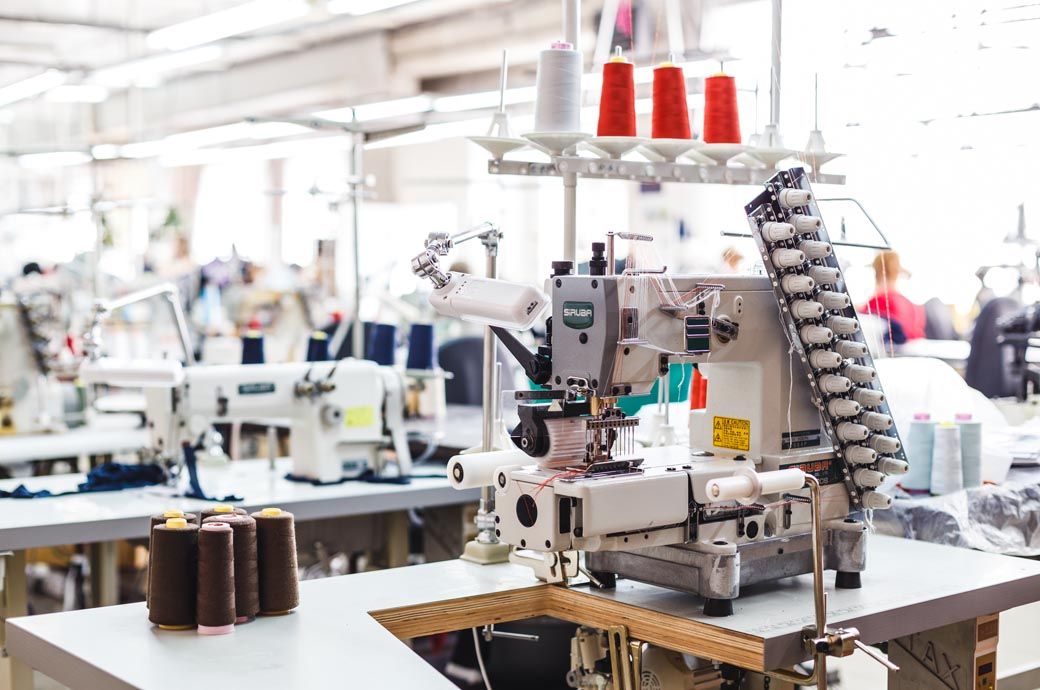
Another Chinese firm, KPST, has also commenced production in the zone, targeting an annual output of raw materials for 30 million pairs of shoes with an $8 million investment.
However, KPST now faces challenges in hiring female workers, hindering its operations.
Entrepreneurs cite housing and transportation crises, deterring workers from distant areas, exacerbating the labour shortage in the zone.
Bangabandhu Sheikh Mujib Shilpanagar, sprawling over 33,805 acres, houses seven industrial organisations, three of which belong to BEPZA Economic Zone, grappling with labour scarcities, particularly in labour-intensive industries.
Despite efforts to recruit workers, Kaixi Lingerie Bangladesh and others struggle due to housing and transport issues. Xiao Hongxi, director of Kaixi Lingerie Bangladesh, expressed concern over the labour crisis but acknowledged support from Bangladesh Economic Zone Authority (BEZA) and BEPZA, hopeful for resolution and full-scale production.
BEPZA Economic Zone’s project director, Mohammad Enamul Haque, reveals discussions with the government to address accommodation and transportation challenges, aiming for swift resolution.
Meanwhile, BEPZA plans to establish a dedicated economic zone with 539 industrial plots over 1,138 acres at Bangabandhu Sheikh Mujib Shilpanagar, already hosting factories producing shoe raw materials, clothing, and foam, with 150 plots allocated to various companies.
ALCHEMPro News Desk (DR)
Receive daily prices and market insights straight to your inbox. Subscribe to AlchemPro Weekly!